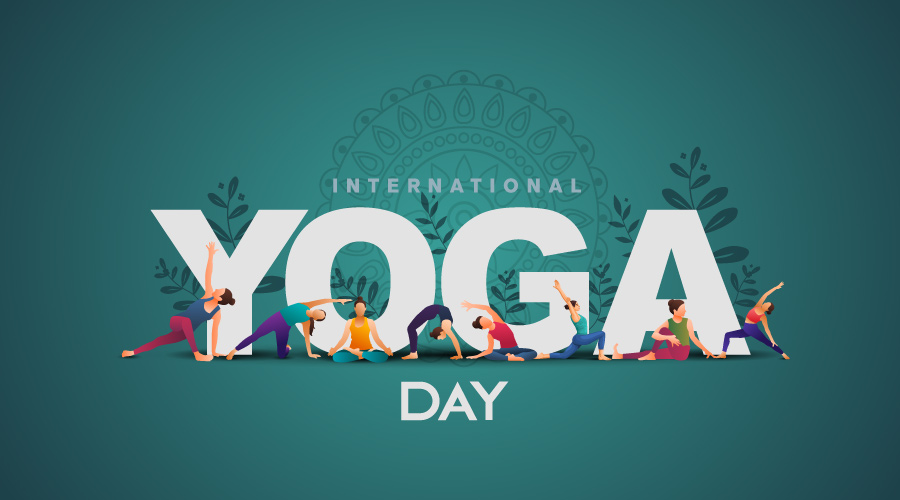How to Maintain the Balance of Blood Pressure

Blood pressure is a crucial indicator of overall health. It’s a measure of the force of blood pushing against the walls of your arteries as your heart pumps it around your body. Maintaining a balanced blood pressure is essential for preventing various health issues, including heart disease, stroke, and kidney problems. Fortunately, there are several lifestyle changes and habits you can adopt to help keep your blood pressure in check. In this blog, we’ll explore some effective strategies for maintaining a healthy blood pressure.
Eat a Balanced Diet
One of the most influential factors in regulating blood pressure is your diet. Adopting a balanced and heart-healthy diet can significantly impact your blood pressure levels. Here are some dietary tips to consider:
Reduce sodium intake: High sodium consumption is linked to elevated blood pressure. Limit your salt intake by avoiding processed foods, canned soups, and excessive use of table salt.
Increase potassium-rich foods: Potassium helps balance sodium levels in the body. Incorporate potassium-rich foods like bananas, oranges, spinach, and sweet potatoes into your diet.
Consume more fruits and vegetables: A diet rich in fruits and vegetables provides essential nutrients and antioxidants that support heart health and regulate blood pressure.
Choose whole grains: Opt for whole grains like brown rice, whole wheat bread, and oats instead of refined grains. They offer more fiber and nutrients, which can help control blood pressure.
Limit alcohol and caffeine: Excessive alcohol and caffeine consumption can lead to high blood pressure. Moderation is key.
Maintain a Healthy Weight
Carrying excess weight puts additional strain on your heart and can lead to high blood pressure. Losing even a small amount of weight can make a significant difference in blood pressure regulation. Aim for a balanced, calorie-controlled diet and regular physical activity to help you achieve and maintain a healthy weight.
Engage in Regular Exercise
Regular physical activity is a potent tool for managing blood pressure. Aim for at least 150 minutes of moderate-intensity exercise or 75 minutes of vigorous-intensity exercise per week. Activities like brisk walking, jogging, swimming, and cycling can help improve cardiovascular health and maintain a healthy blood pressure.
Manage Stress
Chronic stress can contribute to elevated blood pressure. Finding effective ways to manage stress is essential for maintaining a balanced blood pressure. Techniques such as deep breathing, meditation, yoga, and mindfulness can be highly effective in reducing stress levels.
Get Sufficient Sleep
Inadequate sleep can disrupt your body’s natural rhythm and lead to high blood pressure. Aim for 7-9 hours of quality sleep each night to support overall health and maintain a healthy blood pressure.
Limit Alcohol and Quit Smoking
Excessive alcohol consumption and smoking are both known risk factors for high blood pressure. Reducing alcohol intake and quitting smoking can have a significant impact on your blood pressure and overall health.
Monitor Your Blood Pressure
Regularly monitoring your blood pressure at home can help you keep track of any changes and make necessary adjustments to your lifestyle or medication as prescribed by your healthcare provider.
Follow Medication Prescriptions
If you have been prescribed medication to manage your blood pressure, it’s crucial to take it as directed by your healthcare provider. Skipping doses or discontinuing medication without medical guidance can lead to uncontrolled blood pressure.
Conclusion
Maintaining a balanced blood pressure is essential for overall health and well-being. By adopting a heart-healthy diet, maintaining a healthy weight, staying physically active, managing stress, getting enough sleep, and avoiding tobacco and excessive alcohol, you can take control of your blood pressure. Remember to consult with a healthcare professional for personalized guidance on managing and maintaining your blood pressure within a healthy range. Small lifestyle changes can lead to significant improvements in your blood pressure and, ultimately, your long-term health.







1 thought on “How to Maintain the Balance of Blood Pressure”